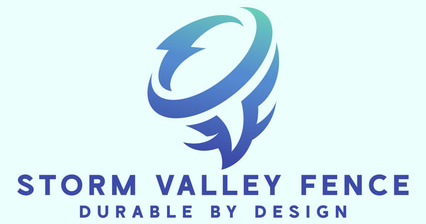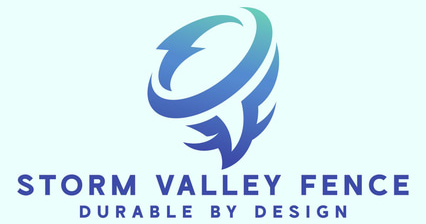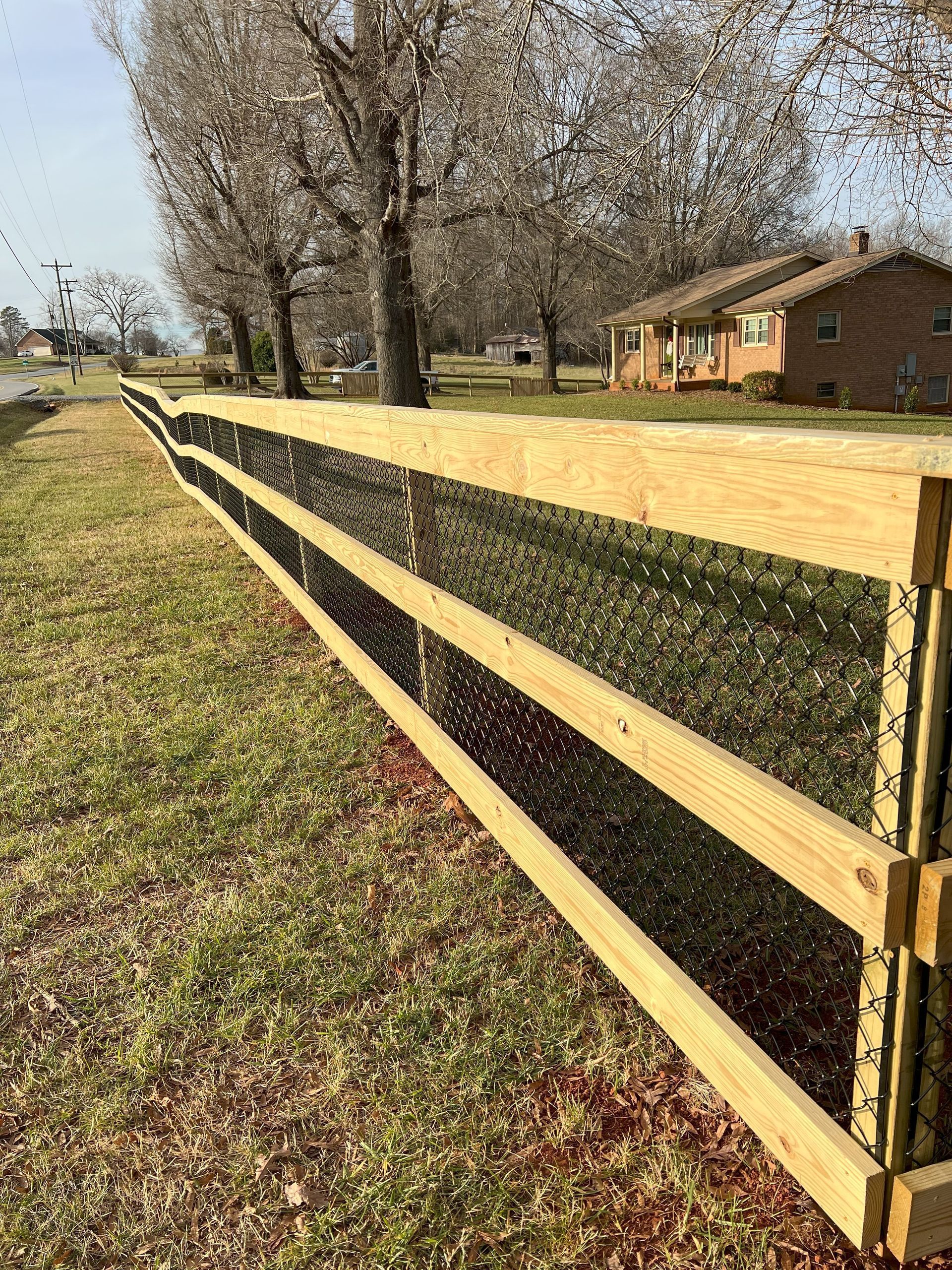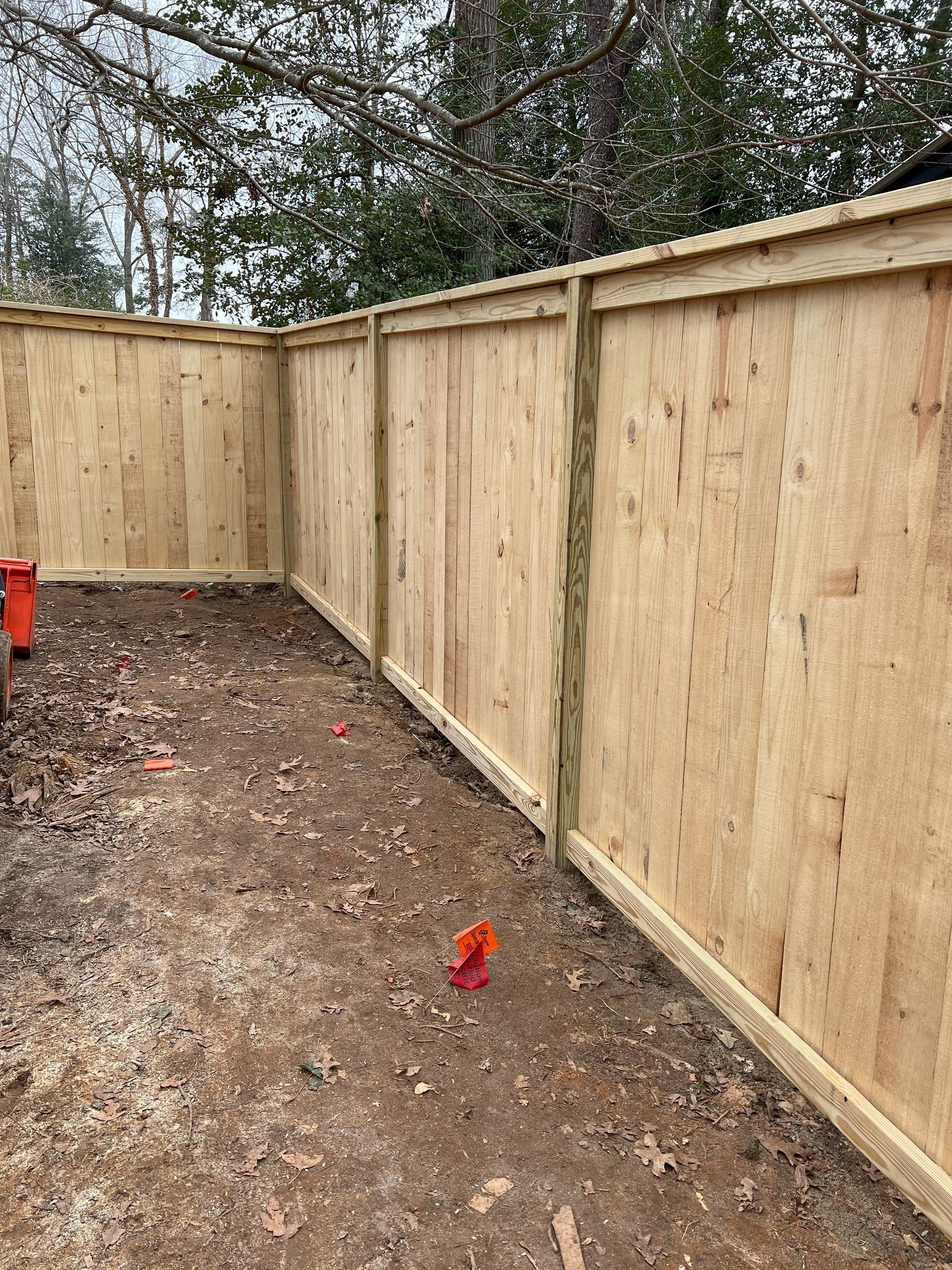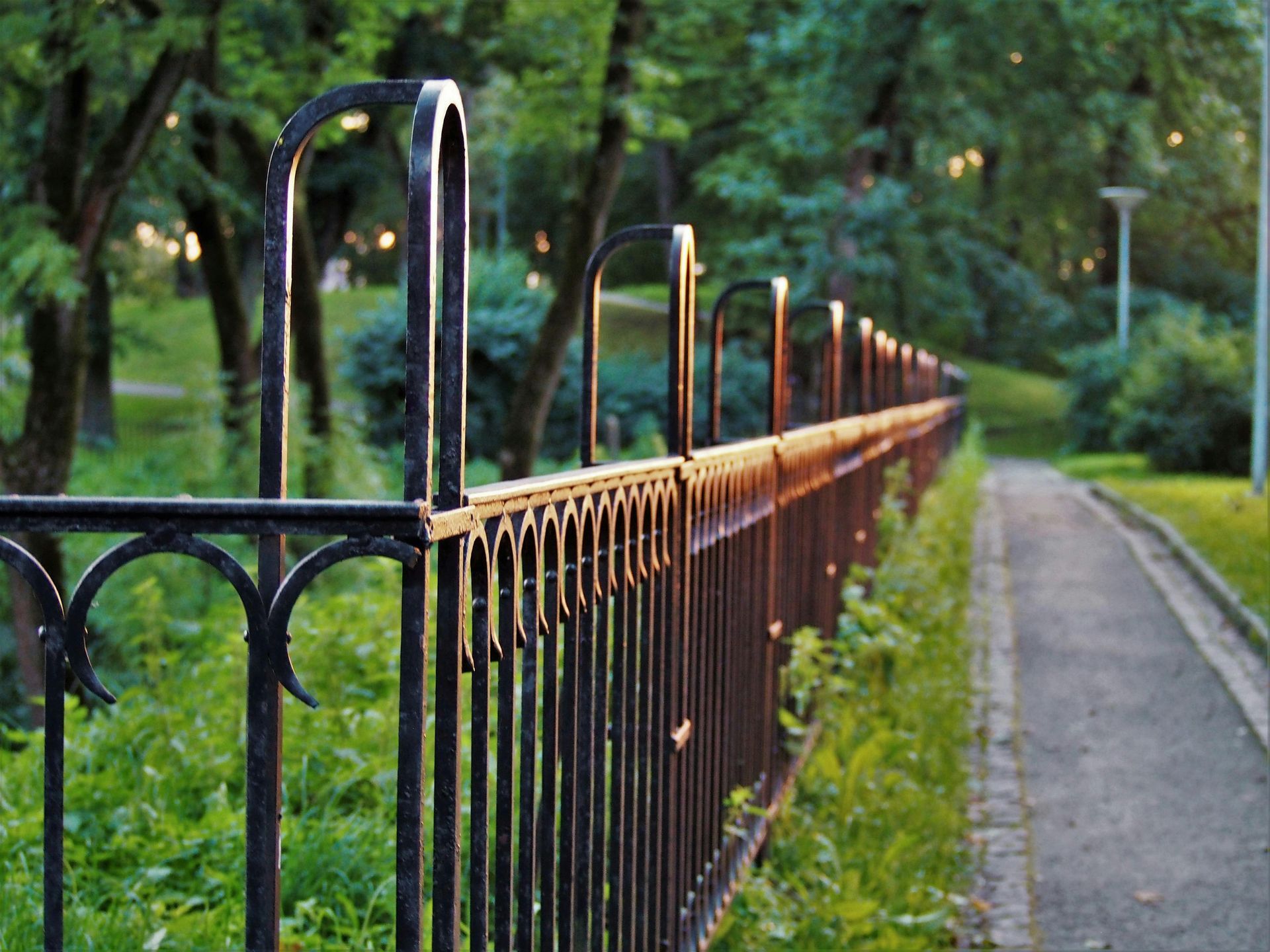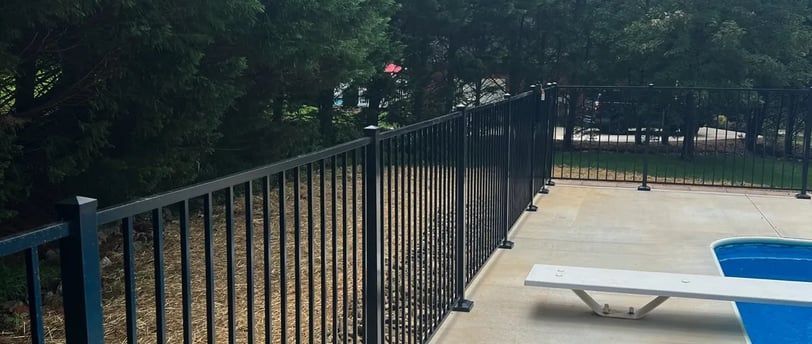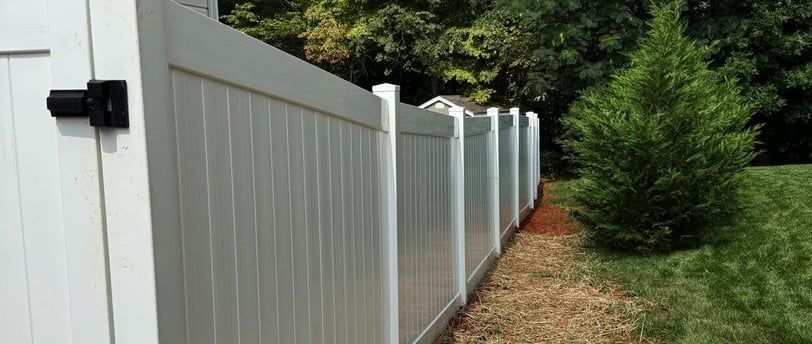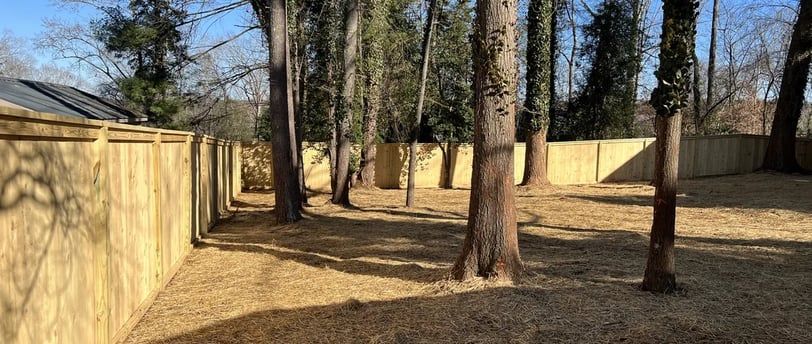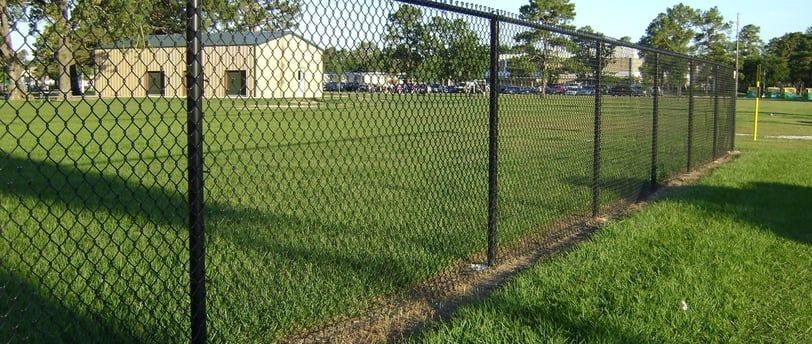Wood vs. Vinyl vs. Aluminum Fencing: Which One Is Right for You?
Choosing the right fence for your property is one of the most important decisions you can make when it comes to balancing style, security, and function. A fence is more than just a boundary—it enhances curb appeal, boosts property value, and provides protection for your family, pets, and belongings.
In this article, we’ll explore the key differences between wood, vinyl, and aluminum fencing to help you decide which material best fits your property and lifestyle.
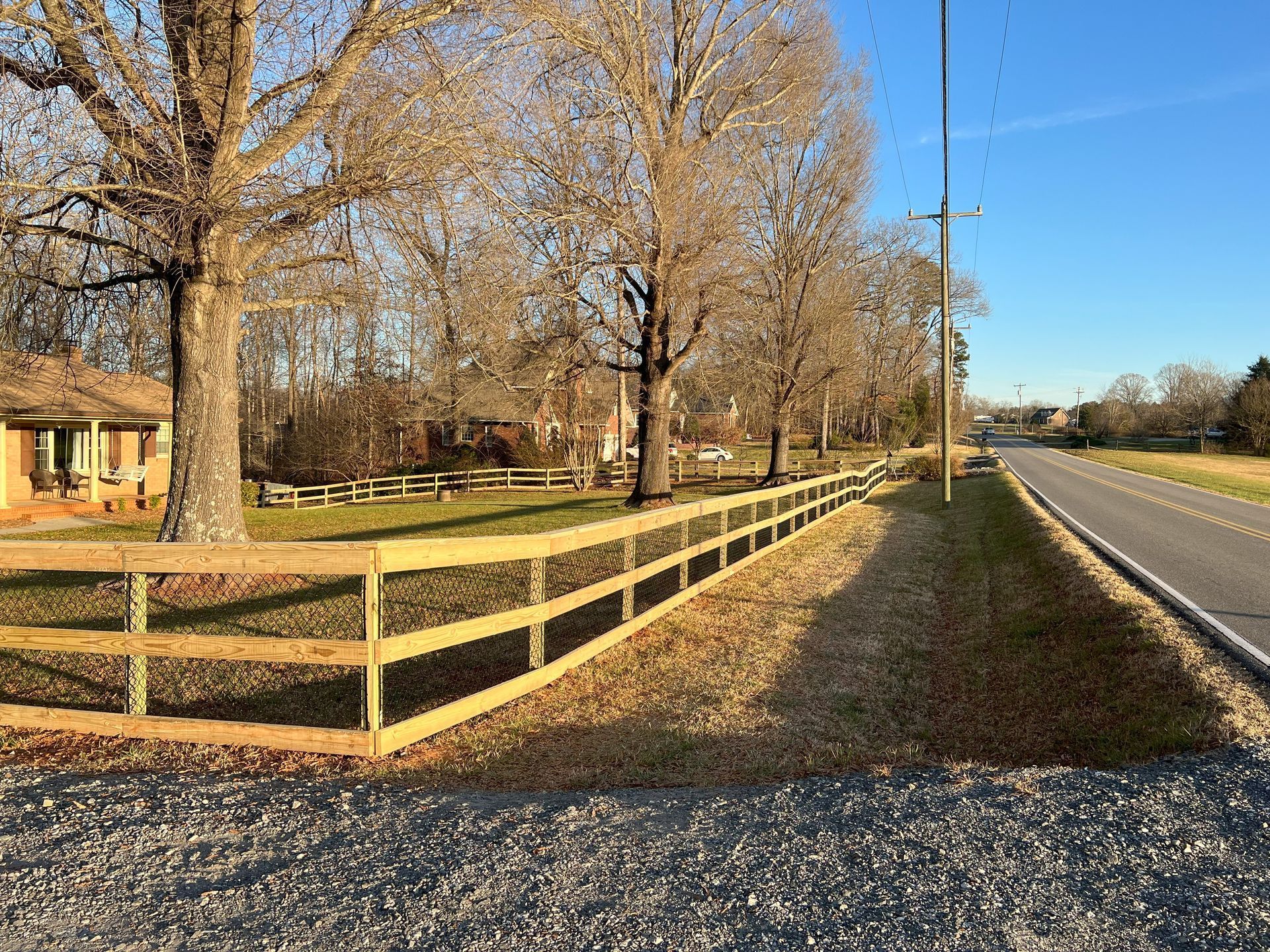
The Timeless Appeal of Wood Fencing
Wood fencing has stood the test of time for centuries. Its natural warmth and traditional charm make it a favorite for homeowners who want a fence that feels classic and customizable.
From tall privacy fences to decorative picket styles, wood is incredibly versatile. Staining and painting options allow you to tailor the look to match your home’s exterior. Cedar and pressure-treated pine are common choices in North Carolina because of their resistance to insects and decay.
Pros of Wood Fencing:
- Offers unmatched natural beauty.
- Provides excellent privacy and security options.
- Affordable initial installation compared to vinyl or aluminum.
- Can be customized with stains, paints, or decorative designs.
Cons of Wood Fencing:
- Requires regular upkeep, such as staining and sealing.
- Vulnerable to rot, warping, and termite damage if neglected.
- Shorter lifespan, averaging 10–15 years.
Wood fencing works best for homeowners who enjoy a natural look and are willing to invest time or money into maintenance to keep their fence looking sharp.
Vinyl Fencing: Low Maintenance and Long-Lasting
Vinyl fencing has become a modern favorite thanks to its impressive durability and minimal upkeep. Unlike wood, vinyl won’t rot, splinter, or attract pests. It also resists moisture, which makes it a smart choice for North Carolina’s humid climate.
Vinyl fences are available in a variety of designs, from tall privacy panels to decorative pickets. The clean, uniform appearance makes them a popular option for homeowners who want a crisp, polished look without the hassle of ongoing maintenance.
Pros of Vinyl Fencing:
- Virtually maintenance-free—just occasional washing.
- Resistant to rot, insects, and moisture damage.
- Long-lasting, often 20–30 years with minimal upkeep.
- Available in multiple styles and colors.
Cons of Vinyl Fencing:
- Higher upfront cost than wood.
- Less customizable since it cannot be painted or stained.
- Can become brittle in extreme cold.
Vinyl is ideal for homeowners who want a long-term investment that looks beautiful with minimal effort. It’s especially appealing for families who don’t want to spend weekends staining or repairing their fence.
Aluminum Fencing: Durable and Elegant
If your priority is security with style,
aluminum fencing is hard to beat. This option offers the sophisticated look of wrought iron without the steep price or high maintenance. Aluminum’s lightweight yet durable design makes it a go-to option for pool enclosures, garden accents, and front yard boundaries.
Another advantage is its ability to withstand harsh weather. Aluminum won’t rust or corrode, making it a reliable choice for homeowners in Conover who want strength and longevity.
Pros of Aluminum Fencing:
- Durable, strong, and rust-resistant.
- Requires little more than occasional cleaning.
- Elegant appearance that enhances curb appeal.
- Great for defining boundaries without blocking views.
Cons of Aluminum Fencing:
- Offers less privacy compared to wood or vinyl.
- Higher installation cost than wood.
- Not the best choice if a complete yard enclosure is your priority.
Aluminum fencing is perfect for those who want to add elegance and security while maintaining visibility around their property. It strikes a balance between aesthetic appeal and practical performance.
Comparing Cost, Maintenance, and Lifespan
When comparing fencing options, it’s important to consider not only the upfront cost but also the long-term investment.
- Wood fencing is the most affordable to install initially, but requires consistent maintenance. Staining, sealing, and repairs can add up over time.
- Vinyl fencing has a higher upfront price tag, but the savings come from almost no maintenance costs. Over its 20–30-year lifespan, it can be more cost-effective than wood.
- Aluminum fencing falls in between. While the initial cost is comparable to vinyl, the low maintenance needs and long lifespan make it a smart long-term investment.
In short, wood is best if budget is your immediate concern, vinyl is ideal if you want a hassle-free option, and aluminum is excellent for a balance of strength and elegance.
Which Fence Is Right for You?
Your choice ultimately comes down to your priorities:
- Choose wood if you love natural charm and don’t mind regular upkeep.
- Choose vinyl if you want low maintenance, privacy, and durability.
- Choose aluminum if you’re seeking security, elegance, and longevity without the need for constant care.
At
Storm Valley Fence, we’ve helped countless homeowners in Conover, NC, find fencing solutions that match their vision, property, and budget. Our team is here to guide you every step of the way, from design selection to professional installation.
Storm Valley Fence: Your Local Conover Fencing Partner
Are you ready to transform your property with a beautiful, functional fence? At
Storm Valley Fence, we specialize in
wood,
vinyl, and
aluminum fencing solutions tailored to your unique needs. Whether you’re looking for more privacy, increased security, or an upgrade to your curb appeal, we’ve got you covered.
Call us today at
(828) 816-0792 to schedule a consultation and learn why homeowners across Conover trust us for their fencing needs.
Frequently Asked Questions
How long does wood fencing last in North Carolina?
Wood fencing typically lasts 10–15 years. With proper care, like staining and sealing, you can extend its lifespan even further.
Is vinyl fencing better than wood?
Vinyl fencing costs more upfront but requires far less maintenance and can last up to 30 years, making it a better long-term investment for many homeowners.
Can aluminum fencing handle North Carolina’s weather?
Yes, aluminum fencing is highly resistant to rust and corrosion, making it a great choice for the local climate.
Which fence offers the most privacy?
Vinyl and wood both offer excellent privacy. Aluminum, while elegant, is more decorative and doesn’t provide full coverage.
How do I decide which fence is right for me?
Think about your priorities: budget, style, maintenance, and privacy. A fencing expert at Storm Valley Fence can help guide you to the best choice for your property.
